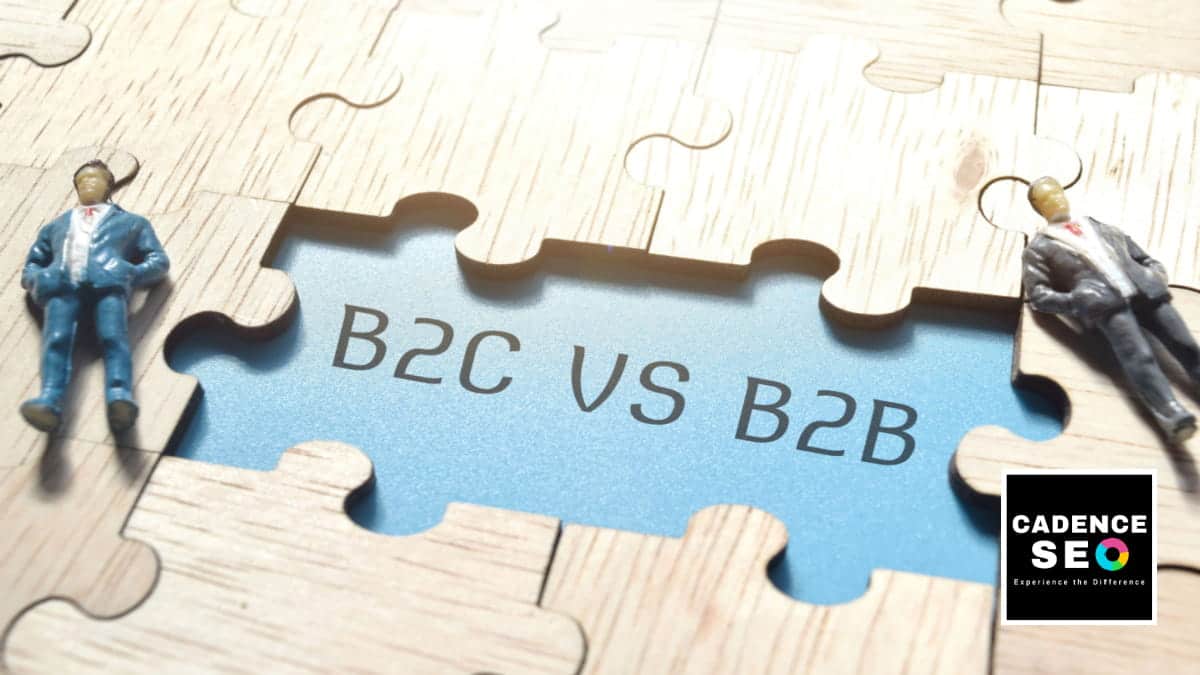The B2B and B2C markets are often treated as one and the same, but the differences between them are significant. If you’re currently operating in either space, it’s important to understand these distinctions so you can maximize your return on investment on SEO campaigns designed for each category.
What is B2B SEO?
B2B SEO is the process of optimizing your website for search engines in order to increase the number of qualified leads you receive from search engine users. B2B SEO differs from B2C SEO in that it focuses on ranking highly in Google searches related specifically to business-to-business industries (like “banking” or “insurance”).
What is B2C SEO?
B2C SEO is the practice of optimizing your website to attract potential customers. It’s about getting the word out about your business, products, or services.
B2C SEO aims to get traffic to your website through organic search traffic. Organic search refers to keywords that people type into a search engine when looking for something on the internet, like “best restaurants,” “recipes,” or even “on-demand delivery.”
Key Differences Between B2B SEO and B2C SEO
When it comes to B2B vs. B2C, there are clear differences in how you approach SEO for each industry.
For example, in B2B SEO your focus may be on attracting potential customers who have a particular role within their company and are looking for specific content (like “nuclear measurement technology”), while in B2C SEO it’s more likely that you’ll focus on attracting buyers looking for products or services (like “family vacation”).
While B2B SEO is similar to B2C SEO, there are some key differences.
B2B SEO is more complex and expensive than B2C SEO.
This is because of the nature of B2B businesses. They tend to be more complex, with multiple departments that handle various aspects of the business. For one thing, there are fewer customers in the B2B market, but they’re larger (and more likely to have a higher purchase amount).
In addition, most buyers in this space are more informed about the products they’re buying and already have a good idea of what they need before talking with salespeople. This makes it harder for salespeople to sell and means that companies have to invest in marketing that educates potential customers about their products and services. B2B marketers also need to invest in content marketing because buyers usually need to be educated before they’re ready to make a purchase.
There are fewer and larger customers in B2B compared to B2C.
There are fewer and larger customers in B2B SEO when compared to B2C, which means there’s less competition among businesses – but that also means it’s harder to rank for those keywords.
Additionally, B2B requires more content and time because of its complexity. This is due to the fact that there are many stages of the buyer journey in B2B, including:
- Awareness
- Researching suppliers/services/products (RFPs)
- Making contact with potential partners/suppliers/service providers (RFQs)
- Negotiating contracts
B2B customers are more likely to make a large purchase
B2B customers are more likely to be influenced by reviews, testimonials and case studies than B2C consumers. This is because they’re looking for validation that their company really needs what you’re selling them.
Companies making a large purchase require more information from the seller than those making a small purchase. A business buying $500,000 worth of software will probably do more research than one buying $50 worth of paper clips, even though the latter may have higher lifetime value (LTV).
The products and services being bought are usually similar, so price becomes the main differentiating factor.
In both B2B and B2C, the products or services being bought are usually similar, so price becomes the main differentiating factor. A customer might choose a $10 cookie from one vendor over another because of its size or packaging, but it’s rare for them to select an item based on its flavor alone.
In these cases, vendors compete by offering better deals or discounts as often as possible—and if you aren’t offering your own coupons and deals when appropriate, you could be missing out on important sales opportunities!
The intent is different in B2B vs. B2C searches.
B2B searches are more complex, longer, and more likely to be informational. This can be seen in the increased likelihood that a B2B searcher uses longer queries and searches for multiple phrases (rather than a single keyword). As a result of this different intent, B2B and B2C SEO strategies must be tailored accordingly.
For example, since B2B searches are longer they tend to contain more keywords compared to B2C search terms. Therefore, it’s critical that your content includes enough information about the various aspects of your business that you rank highly for those key terms.
Content Marketing is Critical to SEO Success in Both Business-to-Business and Business-to-Consumer SEO
Content marketing is a great way to attract new customers, build trust with existing customers, and get your business noticed by search engines. Content marketing can be anything from a blog post or white paper to an infographic or video. It’s important that you use the right type of content for each audience and situation.
For example:
If you are selling business software, then the best type of content would be an article explaining why your software is better than competitors’ products. However, if you’re selling socks then it might make more sense to create an infographic on why wearing socks is important for your health.
The idea is to create content that resonates with your target audience and helps build trust.
Get a FREE SEO Audit for Your B2B or B2C Business
There are certainly differences between the way SEO works for B2B businesses, as opposed to how it works for B2C companies—however, SEO is still SEO, and ultimately your goal should be to rank in the search engines.
With SEO, it’s important to be aware of the differences between B2B and B2C sites in order to create successful search engine optimization for your business. No matter what kind of business you have, or what kind of audience you’re going for, your ultimate goal is to optimize for online conversions—and that’s something that we at Cadence can help you with. To learn more, feel free to check out our blog, or contact us for a free SEO consultation.






